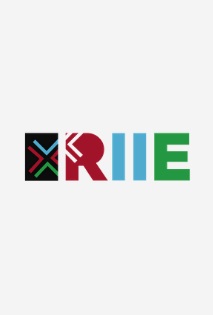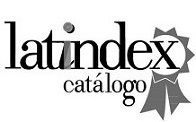Teacher training, curriculum and childhood in traditional communities in The Amazon
DOI:
https://doi.org/10.30972/riie.13165757Keywords:
Teacher Education - Child education – Curriculum - Extractive Teaching – DecolonizationAbstract
This paper discusses the possibility of implementing a new educational assistance policy for rural children through changes in the curriculum of teacher education courses. Thus, its main objective is to present evidence in order to enable paradigmatic changes in the sociopedagogical matrix of the educational processes of the future teachers, highlighting some aspects of a particular experience carried out between the years of 2015 and 2019 in the countryside of Brazilian Amazon, more specifically in the Southwest of Pará. The methodology used is characterized by the direct immersion in the context of the experience registered in this work as well as by participant observation and the reflection of records resulting from it. The most important results indicate an urgent need to reverse the logic of teacher education overcoming an abstract perspective based on universalized and colonizing assumptions as well as to bring the fundamentals of educational processes closer to the characteristics of the territory where they will be applied together with the involved subjects, with a view to prioritize the childhood to be assisted. In this sense, the dialogue with data leads to the unavoidable conclusion that it is urgent to base the curriculum of teacher educational courses on structural axes linked to pedagogical practice, sociocultural diversity and human rights.Downloads
Download data is not yet available.
Downloads
Published
2021-12-16
How to Cite
Damacena, F. A. F., & Lopes, R. (2021). Teacher training, curriculum and childhood in traditional communities in The Amazon. Revista Del Instituto De Investigaciones En Educación, 12(16), 51–68. https://doi.org/10.30972/riie.13165757
Issue
Section
Artículos basados en investigación empírica
License
Aquellos autores/as que tengan publicaciones con esta revista, aceptan los términos siguientes:
- Los autores/as conservarán sus derechos de autor y garantizarán a la revista el derecho de primera publicación de su obra, el cuál estará simultáneamente sujeto a la Licencia de reconocimiento de Creative Commons que permite a terceros compartir la obra siempre que se indique su autor y su primera publicación esta revista.
- Los autores/as podrán adoptar otros acuerdos de licencia no exclusiva de distribución de la versión de la obra publicada (p. ej.: depositarla en un archivo telemático institucional o publicarla en un volumen monográfico) siempre que se indique la publicación inicial en esta revista.
- Se permite y recomienda a los autores/as difundir su obra a través de Internet (p. ej.: en archivos telemáticos institucionales o en su página web) antes y durante el proceso de envío, lo cual puede producir intercambios interesantes y aumentar las citas de la obra publicada. (Véase El efecto del acceso abierto).






.jpg)




